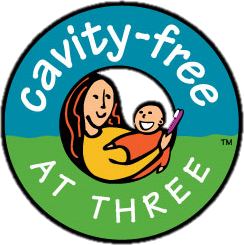The importance of reception staff

The front desk staff is an extremely important part of the experience that families with Medicaid and CHP+ will have in your office. As you already know, reception and scheduling staff serve as first responders and are responsible for handling the situation if parents are upset. They are also the staff members most affected when Medicaid and CHP+ patients experience “glitches in the system”, or if confusion or problems arise with people from other cultures.
The parents in our advisory group recognized how important their interactions with the front office staff are. They thought that it would be helpful for staff to learn a little more about the social and economic issues sometimes faced by low-income families and families from other cultures, and to learn about ways to help parents deal with frustrations.
It is also important for staff know what families with Medicaid and CHP+, minority, or immigrant families may come into the office with an expectation or fear that they will be treated differently. These families may often experience prejudice associated with “being poor” or “being different” elsewhere in their lives, they may expect it when they arrive in your practice too. It will go a long way if front office staff is sensitive to this situation and can make themselves knowledgeable about the problems faced by minorities and by families with Medicaid and CHP+ children. As the families going to private practices become more diverse, the reception, scheduling and business staff will be called upon to handle increasingly difficult and complex problems. So, they will need to develop a high level of sophistication and skill at cross-cultural communication.
